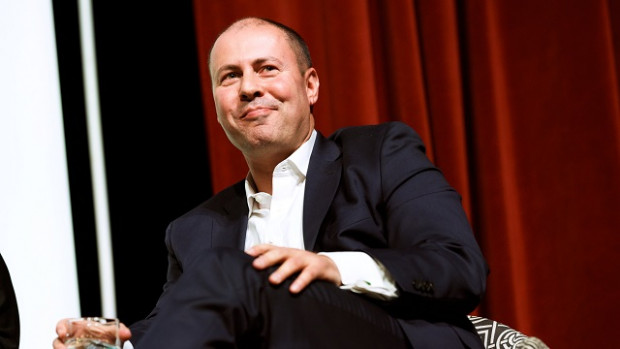
Treasurer Josh Frydenberg is eyeing off industrial relations, competition and deregulation as he looks to expand the Australian economy.
However, Frydenberg dismissed talk of imminent tax changes and “ridiculous” calls from Labor for fiscal stimulus along the lines of a spending splurge during the global financial crisis.
“It’s not a time to panic,” Frydenberg told SMH.
“There is a synchronised slowdown taking place across the global economy, and the main reason for that is the uncertainty that trade tensions have wrought, but also Brexit.
“That means it’s really important to continue to pursue structural reform.”
According to Frydenberg, the Coalition-led tax cuts and record-low interest rates are already producing stimulus for the economy, and added that the Australian economy performs “comparatively well” to international peers.
“It’s not the global financial crisis or anything like it,” Frydenberg told The Australian.
“What the economy requires is not pick batts, cash for clunkers and cheques to dead people that Labor became notorious for, but rather a laser-like focus on the productivity agenda. It is reforms on the supply side that will provide the uptick required for economic growth.”
Monetary policy changes sending negative message
However, according to recent research by the Westpac-Melbourne Institute, Australians are more pessimistic toward the economy than any time in the past four years.
Confidence levels dropped to 92.8 in the WMI consumer sentiment index in October – the lowest level since July 2015.
“This result will be of some concern to the monetary authorities. Typically, an interest rate cut boosts confidence particularly around consumers’ expectations for and assessments of their own finances,” Westpac chief economist Bill Evans said.
“Consumers are looking behind the reason for the rate cut and, arguably, the absolute level of rates and getting nervous.”
The Reserve Bank of Australia dropped the cash rate to a record low of 0.75 per cent in early October – half the 1.5 per cent rate seen at the beginning of 2019.
The consecutive rate cuts have sent a negative message to customers, Commonwealth Bank senior economist Belinda Allan argued.
“We have been saying for a long time now that extra fiscal support in the way of further personal income tax cuts and more infrastructure spending would be more beneficial than taking the cash rate lower,” Allan said.





